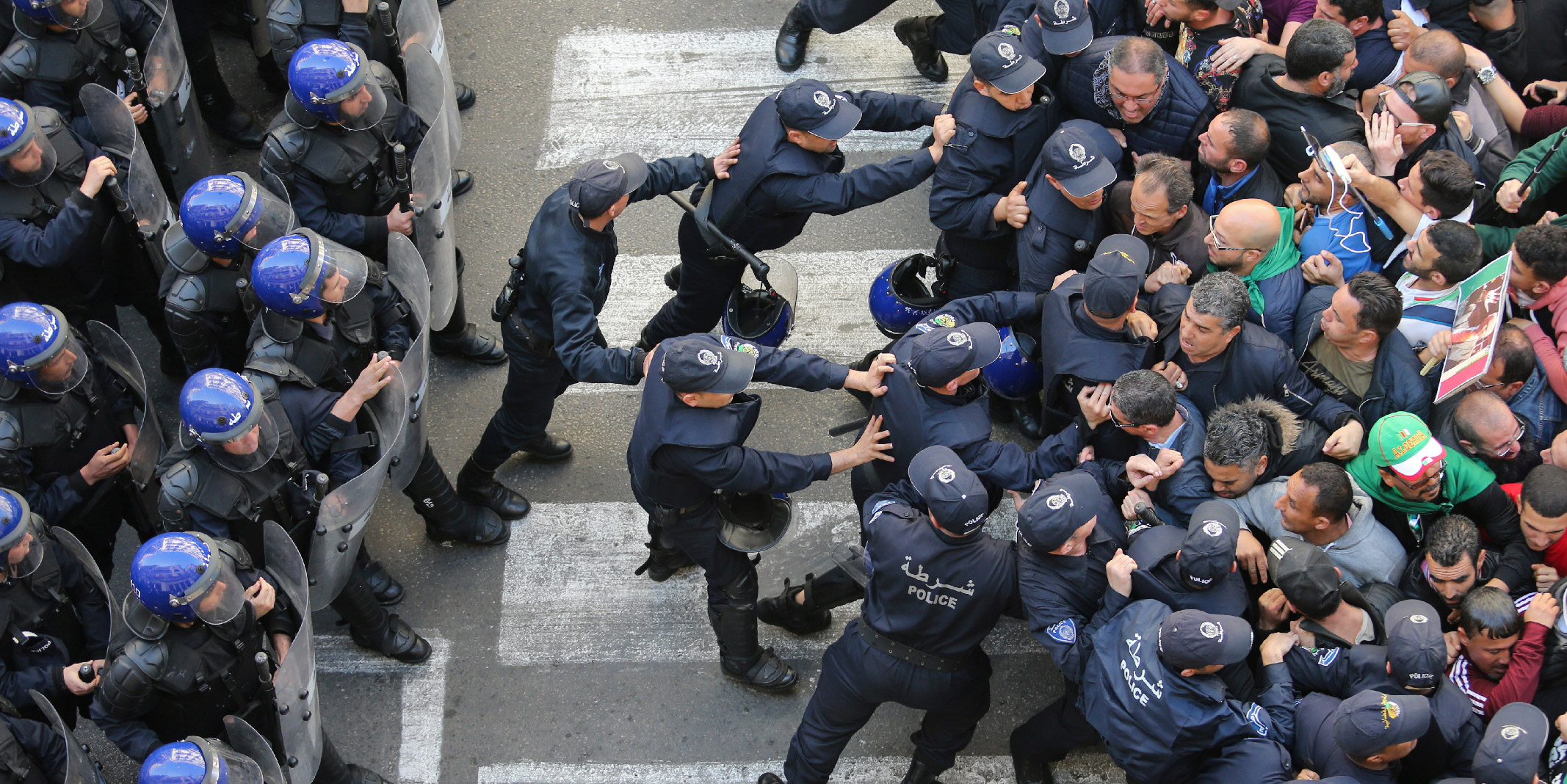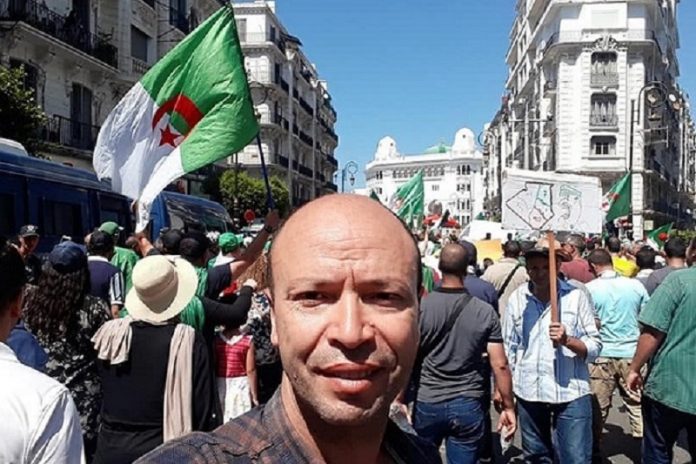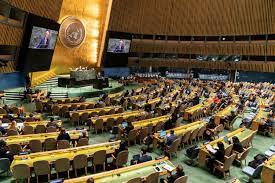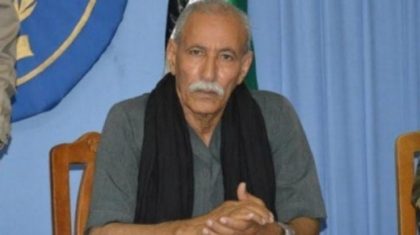A UN expert has sounded the alarm on the current situation of legal restrictions and prosecutions of individuals and associations in Algeria, stressing that urgent attention must be given to this situation.
“The Government must loosen tight restrictions on assemblies and associations to bring laws and practice into conformity with the national Constitution and international human rights law,” said Clément Nyaletsossi Voule, UN Special Rapporteur on the rights to peaceful assembly and association in a statement at the end of a 10-day official visit he paid to Algeria Sept.16-26.
The visit took place at a time the ruling regime claims to initiate reforms to bring legislation into conformity with the 2020 Constitution and aspirations of the Hirak demonstrations, which brought hundreds of thousands of Algerians to the streets every week for more than a year in 2019 – 2020, the UN Rapporteur said.
Voule, who hailed the remarkable civic spirit shown by Hirak demonstrators, underlined that “the Government must now address the climate of fear caused by a string of criminal charges against individuals, associations, trade unions and political parties under overly restrictive laws, including anti-terrorism legislation contrary to Algeria’s international human rights obligations.”
The UN Expert urged the Government to abandon charges and pardon those people convicted for their involvement in the Hirak, pointing out that “in the spirit of the peaceful Hirak protests, the common message from all civil society actors I met was to be recognised by public authorities as trusted partners in the development of their country.”
Noting that Algeria was still struggling to provide space for civil society, he reiterated that allowing civil space that also includes critical voices is essential to improved governance and policy making, and to build sustainable and inclusive participatory democracy.
“To meet the promise of the Constitution and the Hirak, and to fulfil its obligations under international human rights treaties, Algeria must guarantee, in law and in practice, the right of its population to assemble and associate freely, to exchange views and ideas and defend specific interests, including in collaboration with partners within and outside the country,” Voule said.
Before his visit to Algeria, Voule received reports from fourteen human rights organizations, in addition to Human Rights Watch, which have all denounced the restrictions imposed by the Algerian authorities on freedoms, and called on the Algerian military regime to stop the violation of basic human rights, respect the universal civil & political rights and allow independent NGOs to operate in the country without harassment.
The human rights watchdogs said the Algerian authorities have dismantled the country’s independent civil society and hindered political pluralism based on restrictive laws on associations, political parties, and unions.
“Since the end of the pro-democracy Hirak protest movement (2019-2021), the Algerian authorities have intensified their repression of peaceful dissent. They have targeted independent civil society organizations, political opposition parties, activists, human rights defenders, and journalists; and introduced restrictive legislative reforms aiming at crushing any form of organized contestation. This concerted effort on the part of the authorities has driven a growing number of activists and organizations to carry on their activities in exile,” one of the reports stated.
The Special Rapporteur will submit a comprehensive report to the Human Rights Council in June 2024 on his visit to Algeria that came after several years during which Algerian authorities repeatedly postponed this visit.



